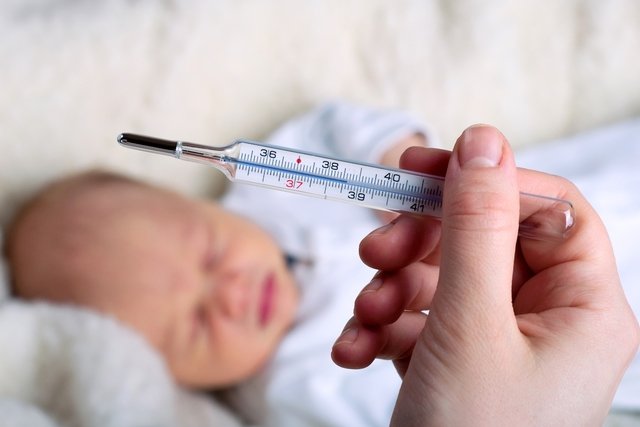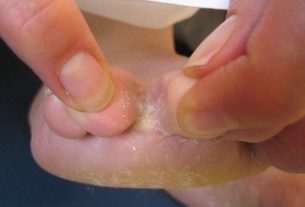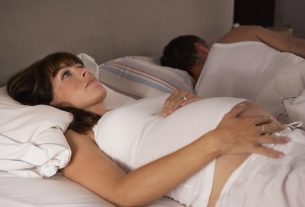Pneumonia in babies is an acute lung infection that must be identified as quickly as possible to prevent it from worsening and, therefore, it is important to pay attention to the appearance of signs and symptoms that may be indicative of pneumonia.
The symptoms of childhood pneumonia are similar to the flu, however they last longer and can worsen. The main symptoms that attract parents’ attention are high fever, above 38ºC and cough with phlegm, in addition to easy crying and changes in breathing.
Pneumonia in babies can be caused by bacteria or viruses, and it is important to identify which microorganism is responsible for the infection so that the most appropriate treatment can be indicated, which normally involves nebulization to help fluidize secretions and promote the elimination of infectious agent.

Symptoms of pneumonia in baby
The signs and symptoms of pneumonia in babies may appear a few days after contact with the infectious agent responsible for pneumonia, the main ones being:
- Fever above 38ºC that takes time to subside;
- Short, rapid and labored breathing;
- Strong cough with secretion;
- Easy crying;
- Difficulty sleeping;
- Eyes with liquids and secretions;
- Vomiting and diarrhea;
- Rib movements when breathing.
Pneumonia in babies can be diagnosed by a pediatrician by evaluating the signs and symptoms presented by the baby, in addition to being recommended, in some cases, to perform imaging tests to check the severity of the pneumonia.
In addition, tests may be recommended to identify the cause of pneumonia, which can be caused by viruses, fungi, bacteria or parasites. In most cases, pneumonia in babies is caused by viruses, mainly respiratory syncytial virus, parainfluenza, influenza, adenovirus and the measles virus. Learn more about viral pneumonia.
What is the treatment like?
Treatment for pneumonia in babies must be carried out under the guidance of the pediatrician, and it is recommended to ensure the baby’s hydration through milk or water, if water consumption has already been approved by the pediatrician. Furthermore, it is recommended to put comfortable clothes suitable for the baby’s temperature and nebulize them 1 to 2 times a day with saline solution.
Cough syrups are not recommended because they prevent coughing and the elimination of secretions and, consequently, the microorganism. However, they can be used, under medical supervision, in cases where the cough does not allow the baby to sleep or eat properly. Know how to recognize the signs of improvement and worsening of pneumonia in your baby.

Sign up for our newsletter and stay up to date with exclusive news
that can transform your routine!
Warning: Undefined array key "title" in /home/storelat/public_html/wp-content/plugins/link-whisper-premium/templates/frontend/related-posts.php on line 12
Warning: Undefined array key "title_tag" in /home/storelat/public_html/wp-content/plugins/link-whisper-premium/templates/frontend/related-posts.php on line 13




